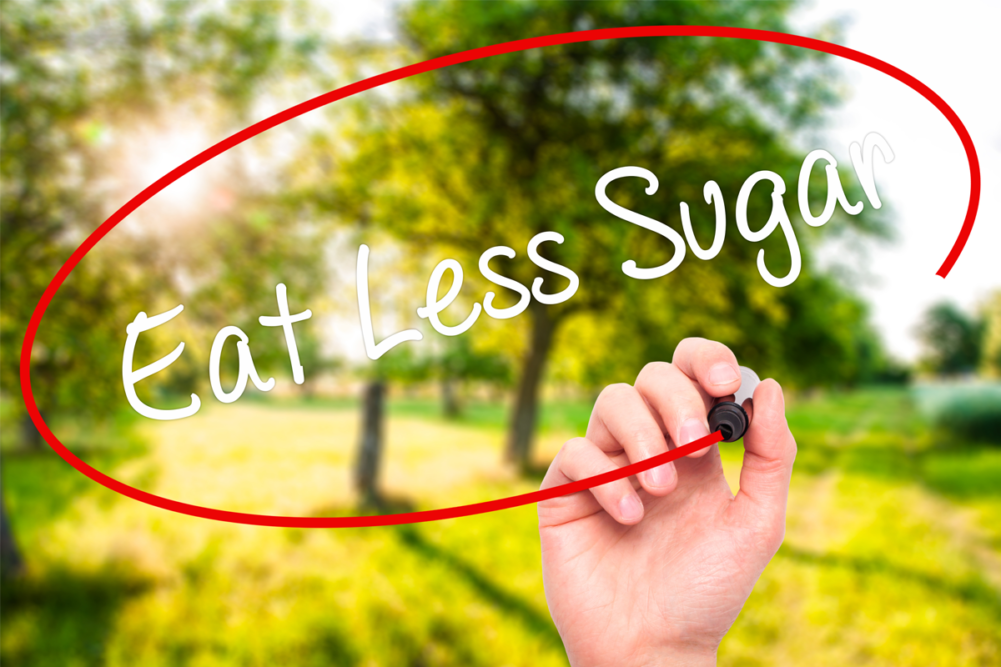TUCSON, ARIZ. — Seventy-two percent of consumers say they are trying to reduce or avoid sugar, and the main way they are doing that is drinking more water versus caloric beverages, Kris Sollid, RD, senior director, nutrition communications, International Food Information Council (IFIC), said March 1 at the International Sweetener Colloquium.
“Sugar reduction is a big thing,” Mr. Sollid told attendees at the colloquium, which is sponsored by the International Dairy Foods Association and the Sweetener Users Association. IFIC’s annual Food and Health Survey showed that 45% of respondents rated eating less sugar as their top goal in 2022, topping weight loss and improved diet healthfulness. About 20% of consumers believe sugar is the most likely source of weight gain, while about 30% believe all sources of calories cause weight gain, he said.
However, consumers don’t necessarily turn to low-calorie or artificial sweeteners in their attempts to reduce sugar intake, Mr. Sollid noted. There’s a slight preference for consuming sugar over low-calorie sweeteners, and consumers prefer sugar over artificial sweeteners, which they see as “not good for you.”
Consumers also prefer sugar for taste, which remains the main driver in food purchases, Mr. Sollid said. Consumers have indicated taste as the top driver in food purchases in each of the 17 years that IFIC has conducted its Food and Health Survey, with other drivers including (in order of preference) price, healthfulness, convenience and environmental sustainability, according to the survey.
Mr. Sollid noted that consumers tend to look at “total sugars” rather than “added sugars” as the top item in the carbohydrate section of food labels, with total carbohydrates second and added sugars third, followed by dietary fiber and sugar alcohol. On the entire label, consumers look at calories, total sugars, sodium, total carbohydrates, protein and added sugars, in that order, with the latter two tied for fifth.
“Labels have an impact,” Mr. Sollid said, both for in-store and online shopping. At the same time, terms like “natural” and “plant based” on labels draw people in even if they don’t know what those terms mean. The term “sustainability” is a low driver of consumer purchases, but consumers do care about it, he said.
Although he noted that some pandemic-related behaviors, such as increased cooking at home and more snacking, have reverted in 2021 levels, others, such as increased meals delivered and buying shelf-stable foods online, have not.
“Our lives have changed probably for good,” Mr. Sollid said.

